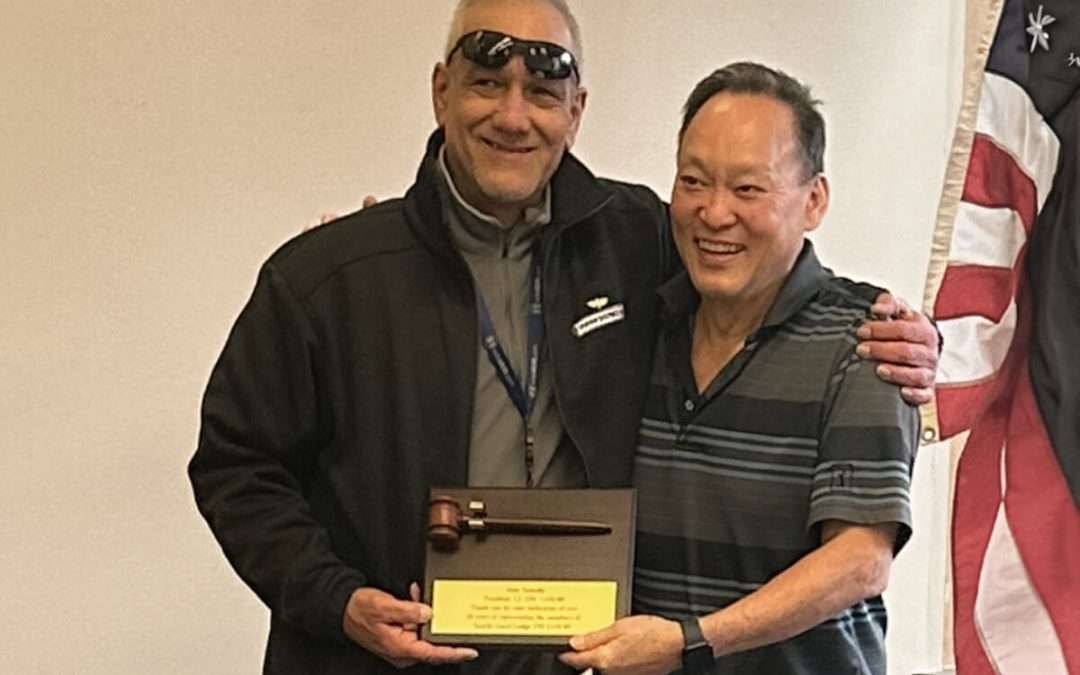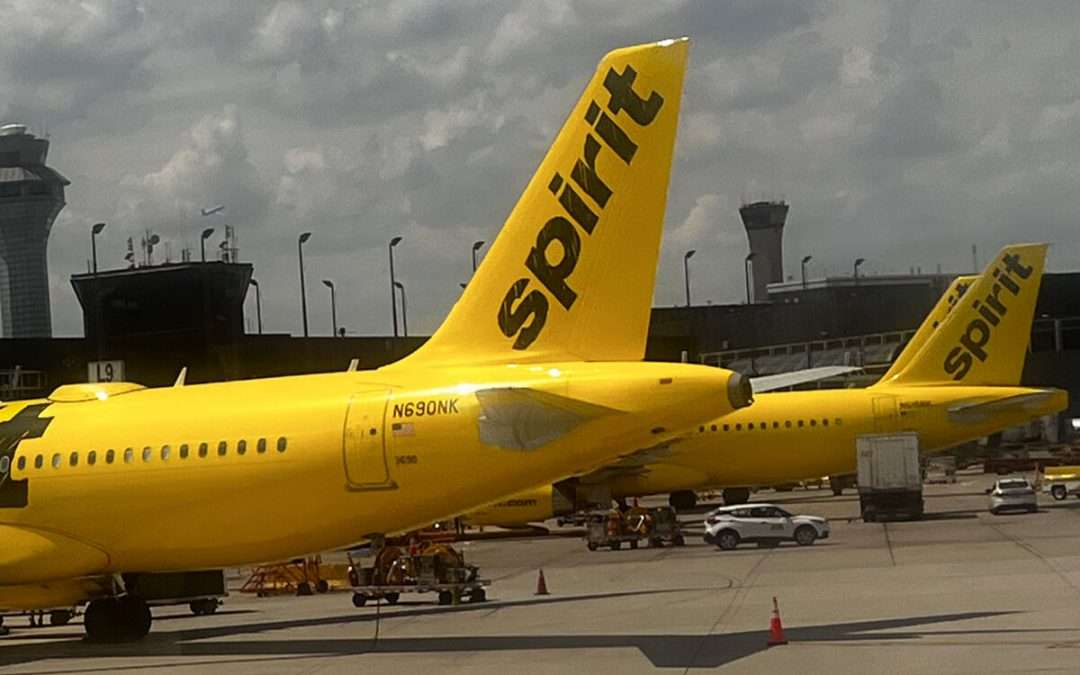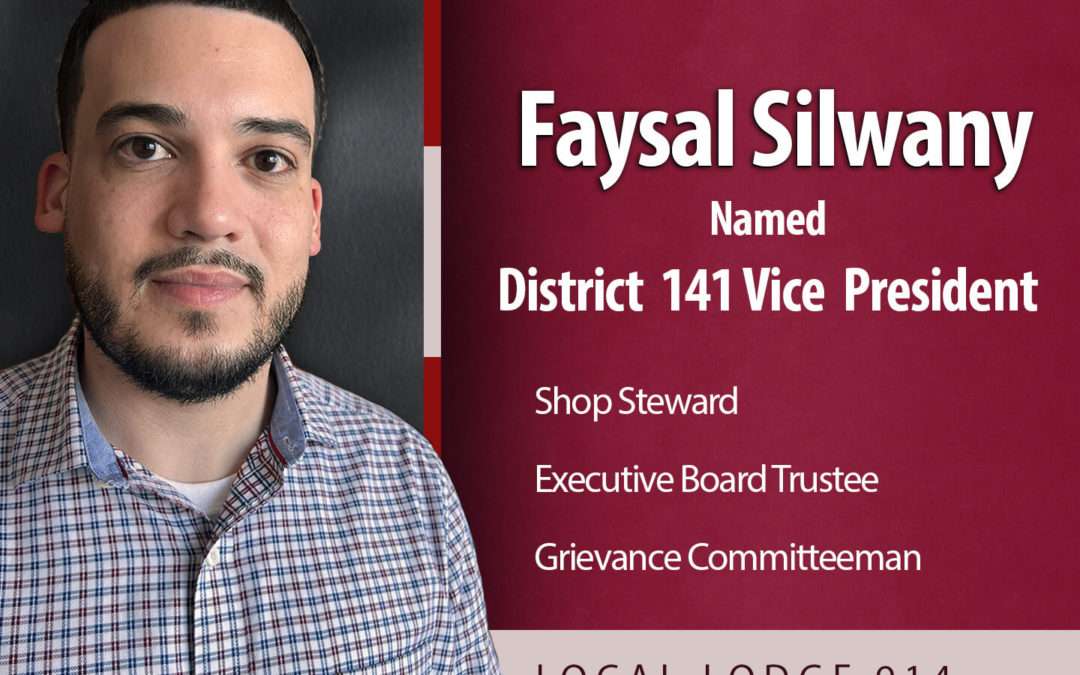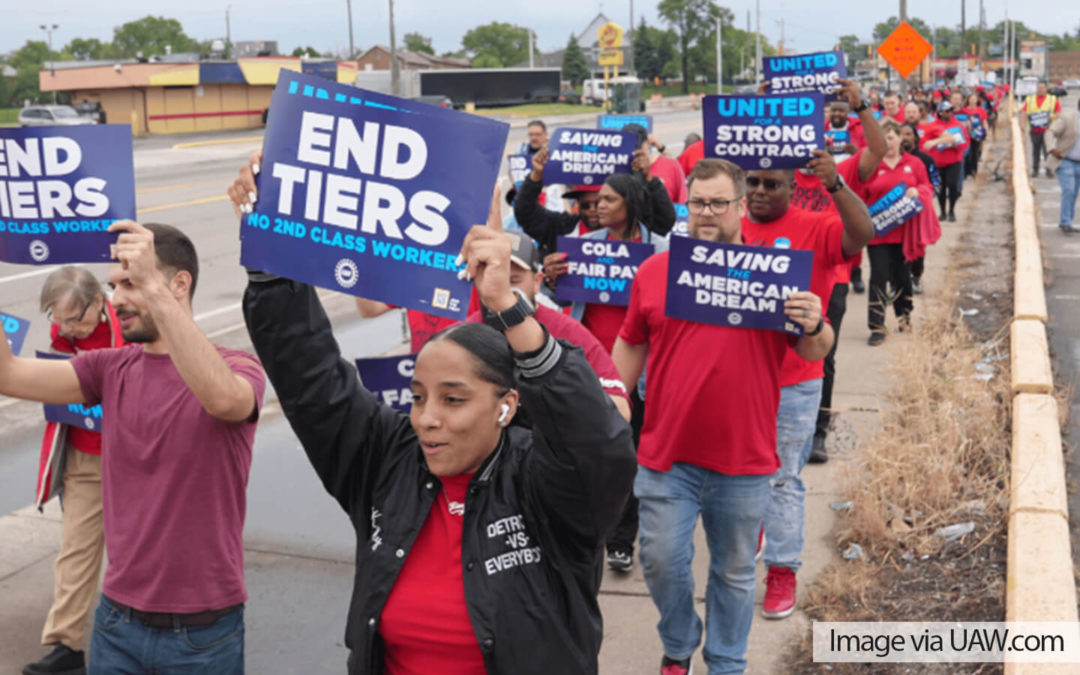
by Eric Price | Jan 17, 2024 | Featured News, Front Page, Perusals, Recent News, Recent News, Row 2
Al Yamada: A Legacy of Leadership and Dedication at SEA Al Yamada: A Legacy of Leadership and Dedication at SEA IAM141.org 17 January 2024 SEATTLE — Ask anyone at Local 1351 in Seattle, and they will struggle to remember a time when Al Yamada wasn’t...

by Eric Price | Jan 16, 2024 | Featured News, Front Page, JetBlue, MNPL, Perusals, Recent News, Row 2, Spirit, Transportation Territory, Uncategorized
Federal Judge Slaps Down JetBlue-Spirit Merger, Citing Competition Concerns Federal Judge Slaps Down JetBlue-Spirit Merger, Citing Competition Concerns IAM141.org 16 January 2024 U.S. District Judge William Young blocked the $3.8 billion attempt by Jetblue to purchase...

by Eric Price | Dec 13, 2023 | Featured, Featured News, Front Page, Perusals, Row 2
Faysal Silwany Sworn in as Vice President of IAM District 141 Faysal Silwany Sworn in as Vice President of IAM District 141 IAM141.org 13 December 2023 CHICAGO – Faysal Silwany was sworn in as vice president by Machinists Union District President Mike Klemm in a...

by Eric Price | Sep 26, 2023 | Community Service Page, Front Page, Other News, Perusals, Recent News, Row 2
Pups in Paradise: Golfing for Guide Dogs in Hawaii Pups in Paradise: Golfing for Guide Dogs in Hawaii IAM141.org September 26, 2023 + To support the important work that Guide Dogs is doing, please CLICK HERE The serene and picturesque Pearl Country Club in Aiea,...

by Eric Price | Sep 20, 2023 | Front Page, Organizing, Other News, Perusals, Recent News, Row 2, Uncategorized
Here’s What Could Happen if UAW Wins a 4-Day Workweek for Automakers IAM141.org September 20, 2023 + Show solidarity with UAW The United Auto Workers (UAW) are currently engaged in a historic, nationwide strike action in pursuit of fair wages and ending the...

by Eric Price | Sep 18, 2023 | Front Page, Other News, Perusals, Recent News, Row 2
Have Your Say: IAM Committee Wants to Hear from You at Upcoming Listening Sessions IAM141.org September 18, 2023 The Future of the IAM is in the hands of its members. That was the message from Machinists Union leadership’s first in-person listening session to...







